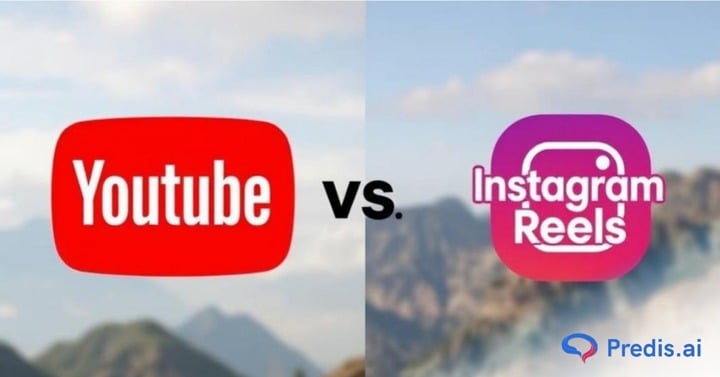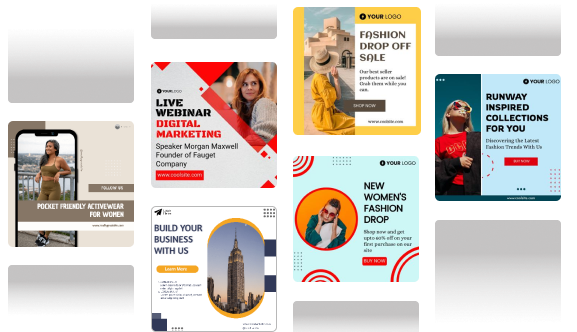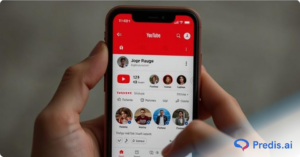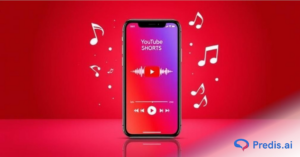Over the last few years, short-form video has emerged as the dominant force in digital marketing. Platforms like TikTok, Instagram Reels, and YouTube Shorts have revolutionized how users consume content, favoring quick, engaging, and highly shareable videos over long-form formats. With attention spans shrinking as well as mobile usage on the rise, brands are increasingly turning to short videos to drive awareness, boost engagement, and spark conversions.
From viral dance trends to behind-the-scenes brand stories, short-form content has become a cornerstone of modern content strategies. For businesses aiming to stay relevant as well as competitive in 2025, leveraging these formats isn’t optional, it’s essential.
Purpose of the Comparison
While TikTok blazed the trail, Instagram Reels and YouTube Shorts have quickly become critical players in the short-form video space, each offering unique features, audiences, and opportunities.
This blog explores the key differences between Instagram Reels vs YouTube Shorts, helping creators, marketers, and brands identify the right platform for their goals. Whether you’re seeking engagement, reach, or monetization, choosing the right channel can make or break your short-form video strategy.
What are Instagram Reels?
Instagram Reels, launched in August 2020, marked Meta’s strategic move to capture the booming short-form video trend led by TikTok. Designed to empower creators and brands alike, Reels allow users to craft videos ranging from 15 to 90 seconds, complete with a suite of tools including AR filters, timed text, audio tracks, as well as video speed controls.
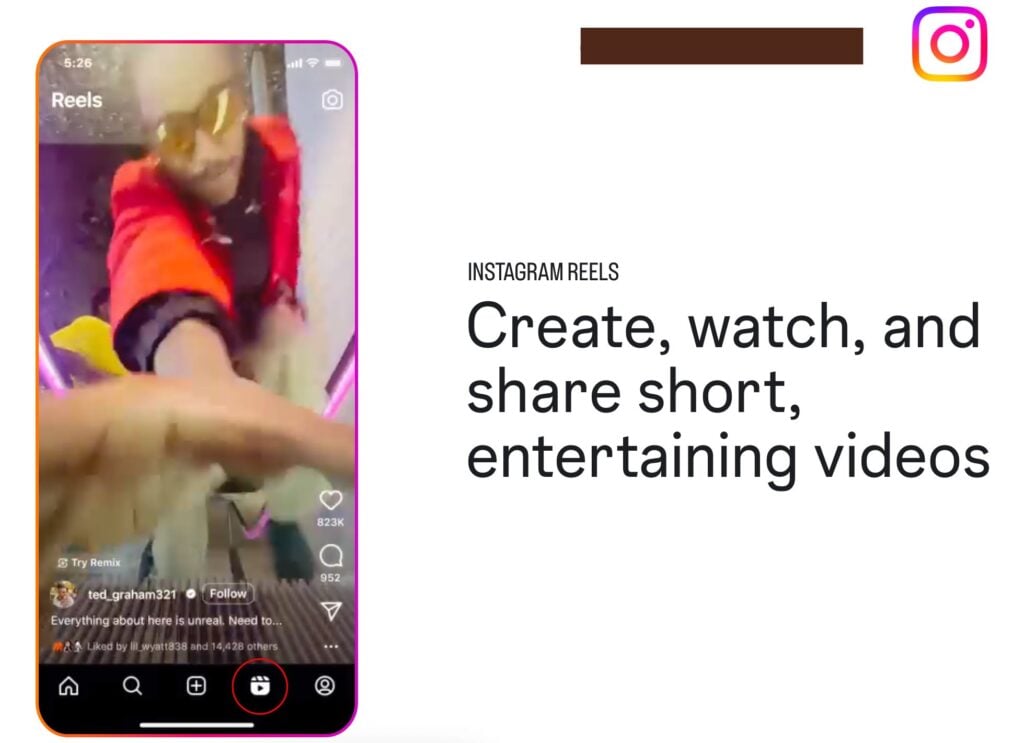
What sets Reels apart is their seamless integration into the Instagram app—appearing in the main feed, Explore page, and a dedicated Reels tab. This cross-surface visibility makes Reels a high-impact format for businesses aiming to grow their discoverability and tap into Instagram’s trend-focused, visually-engaged audience.
With Instagram’s algorithm prioritizing Reels, brands using this format often see increased organic reach, especially when leveraging trending sounds and hashtags.
What are YouTube Shorts?
YouTube Shorts was officially introduced in September 2020 as Google’s answer to TikTok as well as Instagram Reels. Built natively into the YouTube platform, Shorts enable creators to publish vertical videos up to 60 seconds long, focusing on snappy, engaging, and often looping content.
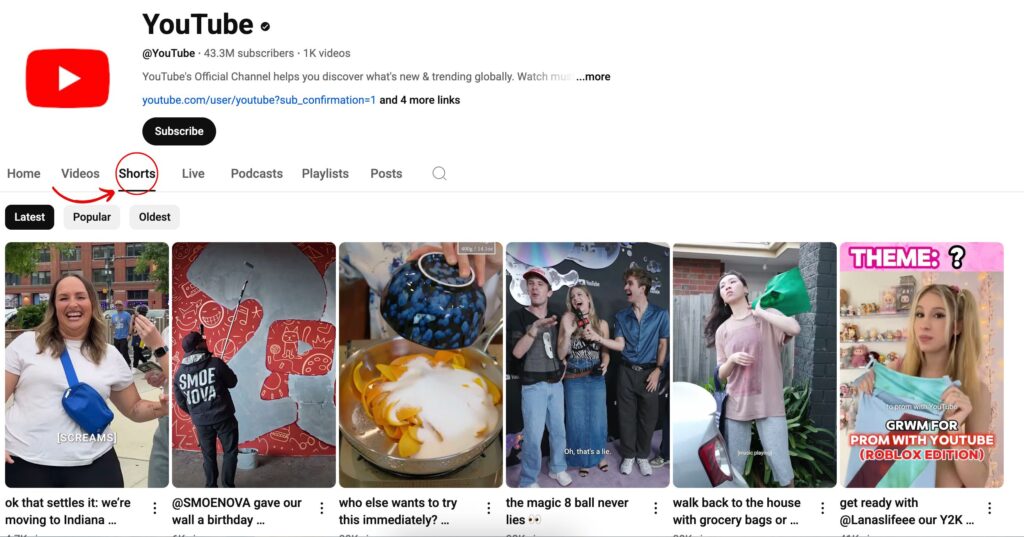
Unlike Reels, YouTube Shorts exists within a dedicated Shorts feed on the app, which uses YouTube’s powerful recommendation engine to drive massive reach—even for smaller channels. Shorts appear on mobile, in search results, and in a special “Shorts” section, making them ideal for tapping into YouTube’s 2.7 billion+ user base.
For brands, Shorts offer a unique opportunity to repurpose long-form content into bite-sized highlights, tutorials, or product teasers, ideal for funneling viewers toward their main channel.
Instagram Reels vs YouTube Shorts: A Comparative Analysis
A balanced analysis helps clarify the core strengths of each platform in the Instagram Reels vs YouTube Shorts debate, guiding businesses as well as creators on where to invest their efforts.
1. Audience Demographics and Reach
Instagram Demographic

Instagram Reels primarily attract a younger demographic, especially Gen Z and Millennials, who engage heavily with visual trends, influencer culture, and viral challenges. Reels often serve as a direct pipeline for trend-driven content that thrives on aesthetic appeal, lifestyle snippets, and brand storytelling.
YouTube Demographic

YouTube Shorts, in contrast, reaches a broader age range, drawing from YouTube’s massive global user base. It appeals to both younger users and older audiences already accustomed to consuming long-form content on the platform. Shorts are also an effective way to extend the life of long-form videos by breaking them into digestible snippets, making them a powerful tool within comprehensive YouTube marketing services strategies.
2. Content Creation Tools and Features
Instagram Tools & Features

Instagram Reels provides a rich set of editing tools—AR filters, timed text overlays, trending audio clips, voice effects, and transitions. Reels are deeply integrated with Instagram’s core features like Stories, Feed, and Shopping, making them ideal for building a cohesive brand identity.
YouTube Tools & Features
YouTube Shorts offers a more streamlined editing experience with basic trimming, captions, and music overlays. While initially limited, YouTube is gradually enhancing its Shorts tools. Its main strength lies in ease of publishing and seamless connection to existing YouTube content.

3. Algorithm and Content Discovery
Instagram Algorithm & Content
Instagram Reels gain visibility primarily through the Explore page and user engagement. The algorithm rewards content that sparks likes, comments, shares, and saves—often favoring early adoption of trends as well as the use of viral audio.
Instagram Algorithm & Content
YouTube Shorts benefits from YouTube’s powerful recommendation engine, appearing in the Shorts feed, search results, and homepage. Shorts are also discoverable globally, allowing creators to tap into YouTube’s robust algorithm that supports content longevity and wide distribution.
4. Monetization Opportunities
Instagram Monetization

Instagram Reels monetization depends heavily on brand collaborations, affiliate programs, and Instagram’s Bonus programs (offered to select creators). Its strength lies in influencer marketing and direct product promotion via Instagram Shops.
YouTube Monetization
YouTube Shorts offers structured monetization through initiatives like the YouTube Shorts Fund and has started rolling out ad revenue sharing, giving creators more formal earning potential. As Shorts drive subscriptions, they also help creators scale toward monetized long-form content.
5. Integration with Other Content
Instagram Integration
Instagram Reels are part of a larger ecosystem that includes Stories, IGTV (now merged into Reels), Shopping, and static posts, making them valuable for brands seeking a unified visual identity and direct eCommerce integration.
YouTube Integration
YouTube Shorts complements long-form content by acting as an entry point into full-length videos. Creators often use Shorts as teasers, updates, or calls to action to watch complete videos, building a cohesive content funnel on the same channel.

Choosing the Right Platform for Your Brand
In the debate of Instagram Reels vs YouTube Shorts, there’s no one-size-fits-all answer. The ideal platform for your brand depends on several factors, from your target audience to your content creation capacity. Here’s how to make an informed choice:
1. Consider Your Target Audience
The first step is identifying where your audience spends the most time and how they consume content:
- If your brand targets trend-savvy Gen Z or Millennials, Instagram Reels is likely to offer stronger engagement.
- If you want to reach a broader, cross-generational audience, especially those already consuming video content, YouTube Shorts may provide wider exposure.
Use analytics from your current social channels to assess demographics and tailor your strategy accordingly.
2. Align Content Type With Platform Strengths
Different content styles perform better on different platforms:
- Instagram Reels is ideal for aesthetic, trend-driven, behind-the-scenes, or influencer-style content. It thrives on visuals, music, and quick edits.
- YouTube Shorts works best for tutorials, educational bits, how-tos, or teasers for longer YouTube videos. It supports a more value-driven, evergreen content approach.
Clarify your content goals: Is it to inspire, educate, entertain, or sell? Choose the platform that best aligns with that goal.
3. Evaluate Resources and Time Investment
Producing consistent short-form content requires time and tools. Consider:
- Do you have a design-heavy or trend-sensitive workflow? Reels’ advanced features and editing suite may be more suitable.
- Do you prefer a leaner production process or want to repurpose existing YouTube videos? Shorts can help scale faster with fewer resources.
Conclusion
When it comes to Instagram Reels vs YouTube Shorts, there is no definitive winner—only the best choice for your unique brand goals. Each platform offers distinct advantages: Reels thrive on trends and visual storytelling within the Instagram ecosystem, while Shorts benefit from YouTube’s powerful discovery algorithm and broader audience base.
Ultimately, your decision should be guided by:
- Where your audience spends time
- The type of content you create
- Your long-term marketing objectives
Regardless of your platform, success in short-form video hinges on consistency, creativity, and strategy. That’s where Predis.ai can transform your workflow. By automating content ideation, repurposing, and video scripting, Predis.ai helps you scale your content efficiently—so you can focus on creating compelling videos that connect.
Ready to boost your Reels or Shorts strategy? Try Predis.ai and simplify short-form video content creation with the power of AI.
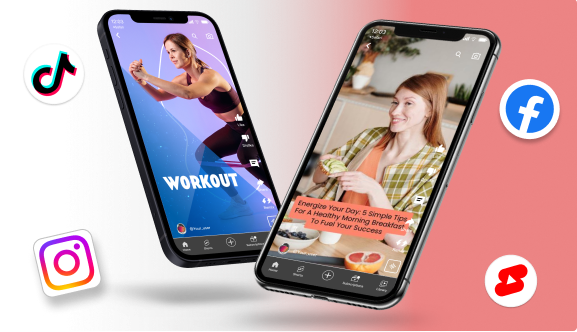
You may also like:
- Let’s break down the key differences between Carousel vs Reel vs Image ads to help you choose the right format for your goals.


